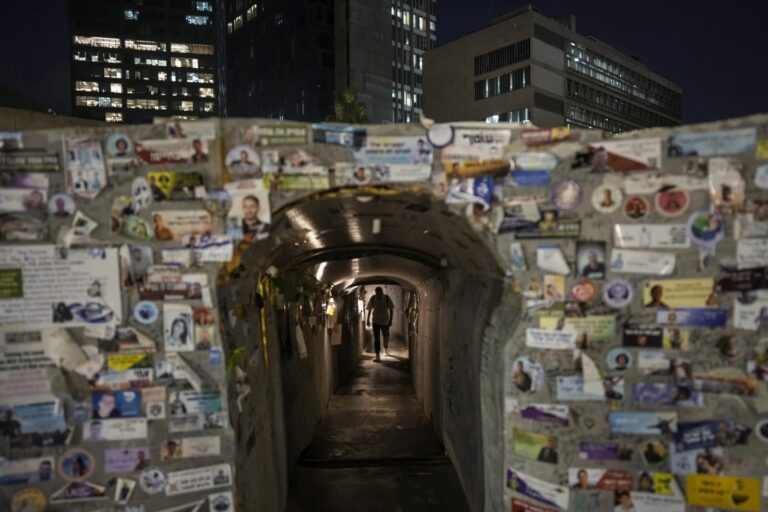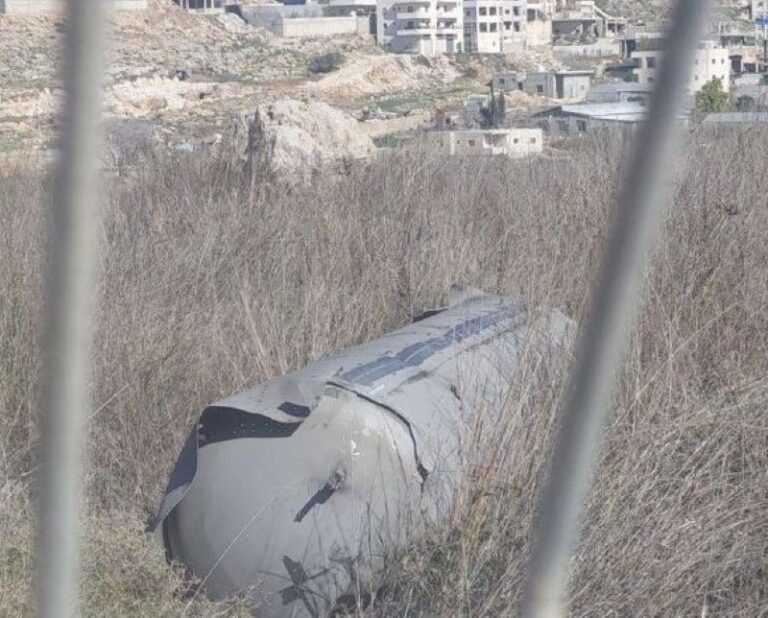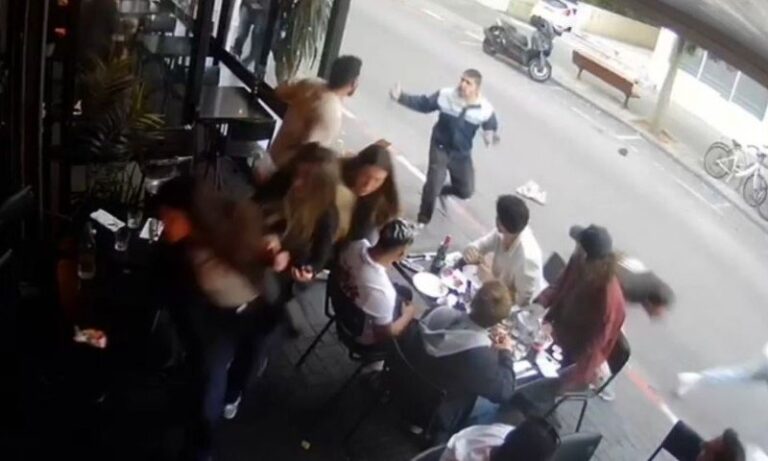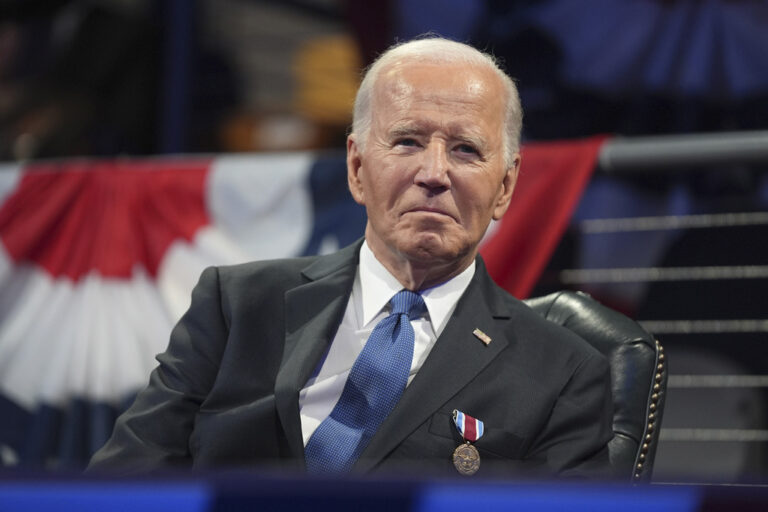 His accusers brandish a confession scribbled inside a boat during an intensive manhunt and a video they say shows him placing a backpack with a bomb a few feet from a little boy who died when it exploded seconds later.
His accusers brandish a confession scribbled inside a boat during an intensive manhunt and a video they say shows him placing a backpack with a bomb a few feet from a little boy who died when it exploded seconds later.
His defenders bank on the story of a difficult childhood in a former Soviet republic and his radicalization at the hands of an influential older brother who could have pressured him into participating in the deadly attack.
Jury selection for the trial of Dzhokhar Tsarnaev, accused in the Boston Marathon attacks, begins Monday. Those chosen from a pool of about 1,200 will decide whether Tsarnaev planned and carried out the twin bombings that killed three people and injured more than 260 near the finish line of the race on April 15, 2013. If they find him guilty, they will decide whether he should be put to death.
It’s perhaps the most closely watched federal death penalty case since Timothy McVeigh was convicted and executed for the 1995 Oklahoma City bombing. Tsarnaev’s lawyers tried in vain for months to get the trial moved, arguing the Boston jury pool was tainted because of the number of locals with connections to the race and drawing parallels to the McVeigh case, which was moved to Denver for similar reasons. But U.S. District Judge George O’Toole Jr. has been unmoved.
Jury selection alone is expected to take several weeks because of extensive media coverage and the thousands of runners, spectators and others in the area personally affected by the bombings. The process also could be slowed if potential jurors express objections to the death penalty.
Some legal observers say Tsarnaev’s lawyers — facing powerful evidence against him — will probably focus their energies on the penalty phase, when they could present mitigating evidence to spare his life. He has a strong team behind him. Attorney Judy Clarke touts a strong record of helping her high-profile clients avoid the death penalty, including Ted Kaczynski, the Unabomber; Olympic Park bomber Eric Rudolph; and Jared Loughner, who killed six people and wounded former U.S. Rep. Gabrielle Giffords.
Tsarnaev’s lawyers are likely to narrow in on motive and any pressure exerted on him, said Dan Collins, a former assistant U.S. attorney in Chicago who has investigated U.S. ties to terrorism.
“I think his mitigation will be in part paying close attention to what his explanation is and what circumstances beyond his control … caused him to do this,” Collins said.
Prosecutors say 21-year-old Dzhokhar and his brother, Tamerlan Tsarnaev — ethnic Chechens who had lived in the United States for about a decade — carried out the bombings as retaliation for U.S. actions in Muslim countries. They are also accused of killing Massachusetts Institute of Technology police officer Sean Collier. Tamerlan, 26, died after a firefight with police several days after the bombings.
Dzhokhar was captured later that day, wounded and bloodied, hiding inside a boat stored in a suburban yard. Prosecutors said he described a motive in a note written in the boat: “The U.S. Government is killing our innocent civilians” and “We Muslims are one body, you hurt one you hurt us all.”
Tsarnaev’s lawyers may lay the groundwork for some kind of mental health explanation, said Christopher Dearborn, a professor at Suffolk University Law School. That could include any persecution his family might have suffered as ethnic minorities in Kyrgyzstan, where the brothers spent most of their lives before moving to the U.S. with their parents and two sisters.
“I think the real value in that may be to start to try to generate even a little bit of empathy around this and humanize the kid a little bit, hopefully enough to save a life,” Dearborn said.
Alice LoCicero, a Cambridge psychologist and terrorism expert who wrote a book, “Why ‘Good Kids’ Turn Into Deadly Terrorists: Deconstructing the Accused Boston Marathon Bombers and Others Like Them,” said she believes Dzhokhar Tsarnaev may have been susceptible to the influence of his brother and others in part because he had lost structure in the year before the bombings.
Among those life changes: Dzhokhar had left the family’s Cambridge home to attend the University of Massachusetts in Dartmouth, his parents moved to the volatile Dagestan region of Russia, and the family was having financial troubles. Authorities believe Tamerlan became radicalized in the last few years of his life, including during a six-month trip to Dagestan and Chechnya in 2012.
Prosecutors, however, say Dzhokhar showed signs before the bombings — even to his closest friends — that he was becoming radicalized.
At least one of three college friends convicted of lying or impeding the investigation is expected to testify against him. An additional friend who pleaded guilty to possessing a gun used to kill a police officer during the manhunt is also expected to testify for the prosecution.
Other prosecution witnesses are expected to include people hurt in the bombings, as well as police officers who helped in the aftermath.
Dzhokhar’s defense team has been pushing to show that he may have been intimidated by his brother. Prosecutors revealed in a court filing that Ibragim Todashev, a friend of Tamerlan’s, said Tamerlan participated in a grisly triple slaying in Waltham, a Boston suburb, in 2011.
The trial, expected to last several months, is likely to draw spectators injured in the bombings, as well as supporters of Tsarnaev who have demonstrated outside the courthouse during pretrial hearings. Tsarnaev’s own lawyers have asked that the demonstrators be kept at arm’s length.
Heather Abbott, a Rhode Island woman who lost part of her left leg in the bombings, is one of several victims who plan to attend at least part of the trial. She said she hopes to gain some understanding of the motive.
“I don’t see it as something that will get me past the horror of that day,” she said. “It’s something that I will always live with.”
(AP)










